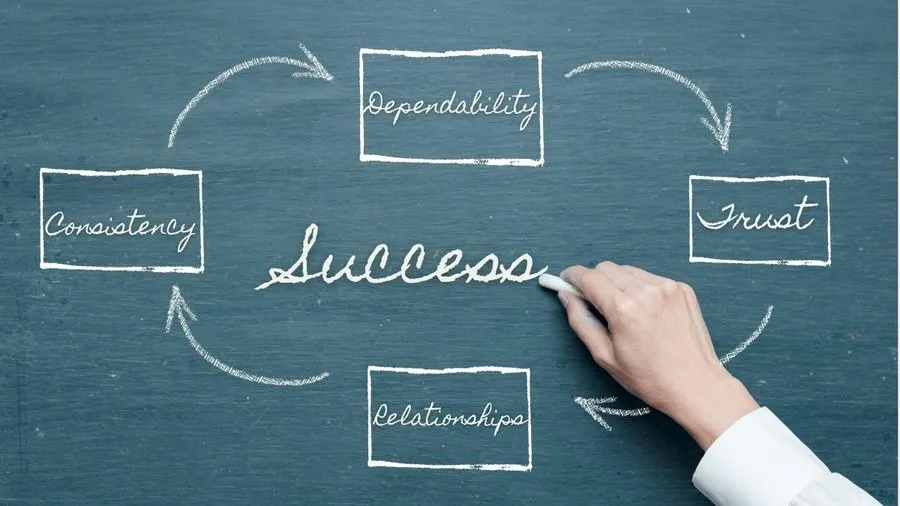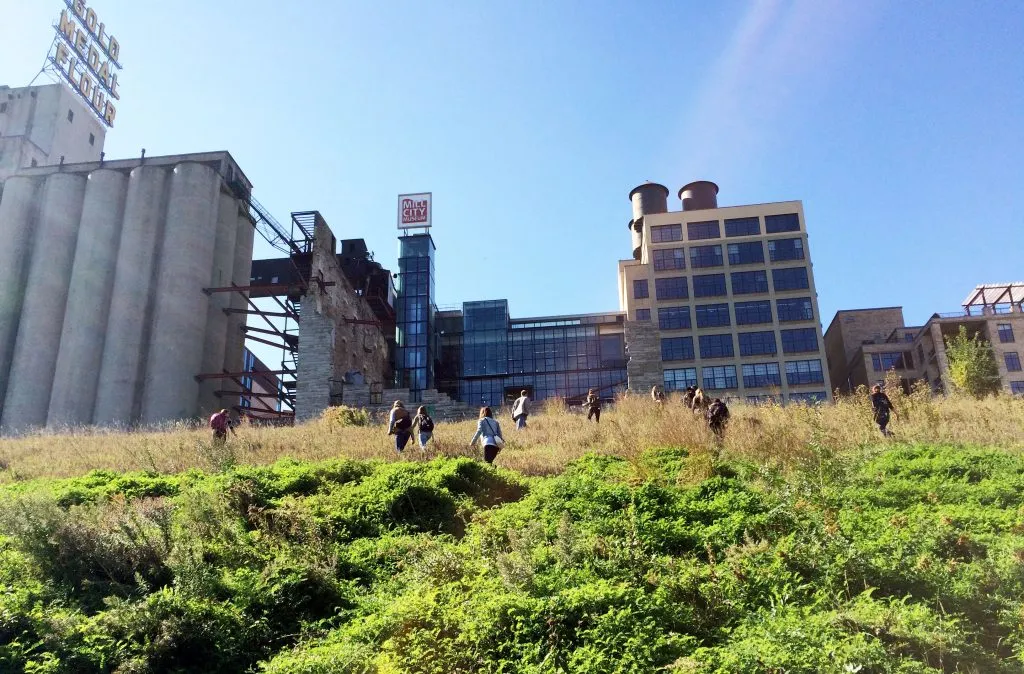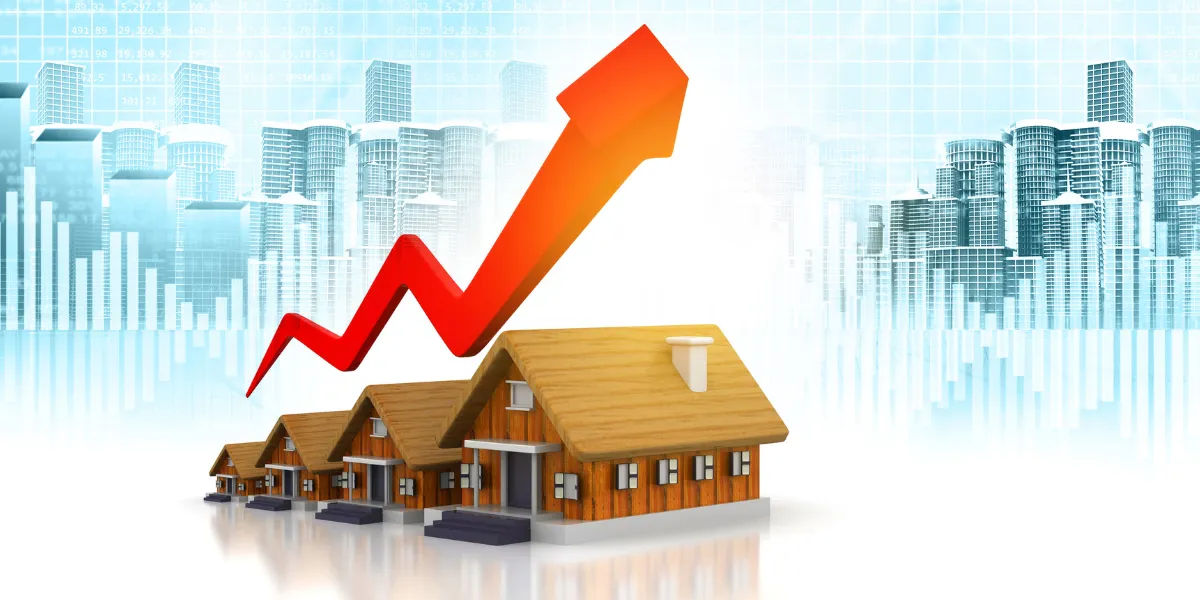Introduction
As cities continue to expand and urban lifestyles evolve, metro developers are becoming key players in shaping modern metropolitan landscapes. Their projects reflect the dynamism of city living, combining strategic locations, innovative design, and lifestyle-oriented amenities. By focusing on high-demand urban hubs, metro developers are redefining real estate with projects that serve as anchors of growth and progress for residents, businesses, and investors alike.
Metro developers specialize in creating developments that thrive in dense, fast-paced urban environments. Their work spans residential, commercial, and mixed-use projects designed to cater to the needs of city dwellers seeking convenience, connectivity, and modern amenities. From towering condominiums to expansive business complexes, metro developers ensure that their projects keep pace with the demands of a rapidly urbanizing population.
A defining strength of metro developers lies in their ability to maximize land use within limited city spaces. By combining residential, retail, and office functions into integrated developments, they create vibrant communities where everything is within reach. This vertical approach to urban planning reflects the efficiency required in metropolitan areas while promoting a lifestyle centered on accessibility and convenience.
Infrastructure and connectivity are central to the work of metro developers. Projects are often strategically located near transport networks, business districts, and lifestyle hubs to ensure seamless integration with the broader metropolitan system. Proximity to schools, healthcare facilities, and commercial centers adds further value, making their developments highly attractive to both end-users and investors.
Metro developers are also embracing sustainability and technology to future-proof their projects. Energy-efficient systems, smart building technologies, and green design principles are increasingly incorporated to reduce environmental impact and enhance quality of life. These innovations align with the global shift toward more sustainable cities while appealing to a growing segment of eco-conscious buyers.
From an investment perspective, metro developments offer strong potential due to the high demand for urban living spaces. The steady growth of metropolitan populations, coupled with the limited availability of land, ensures continued appreciation in property values. Investors see metro developers as reliable partners in delivering projects that balance profitability with long-term relevance.
Conclusion
Metro developers are shaping the future of urban living by blending strategic planning, innovation, and sustainability. Their projects redefine how people live, work, and connect in fast-paced city environments, creating communities that are both functional and inspiring. As metropolitan areas continue to expand, metro developers will remain at the forefront of building the modern urban centers of tomorrow.




